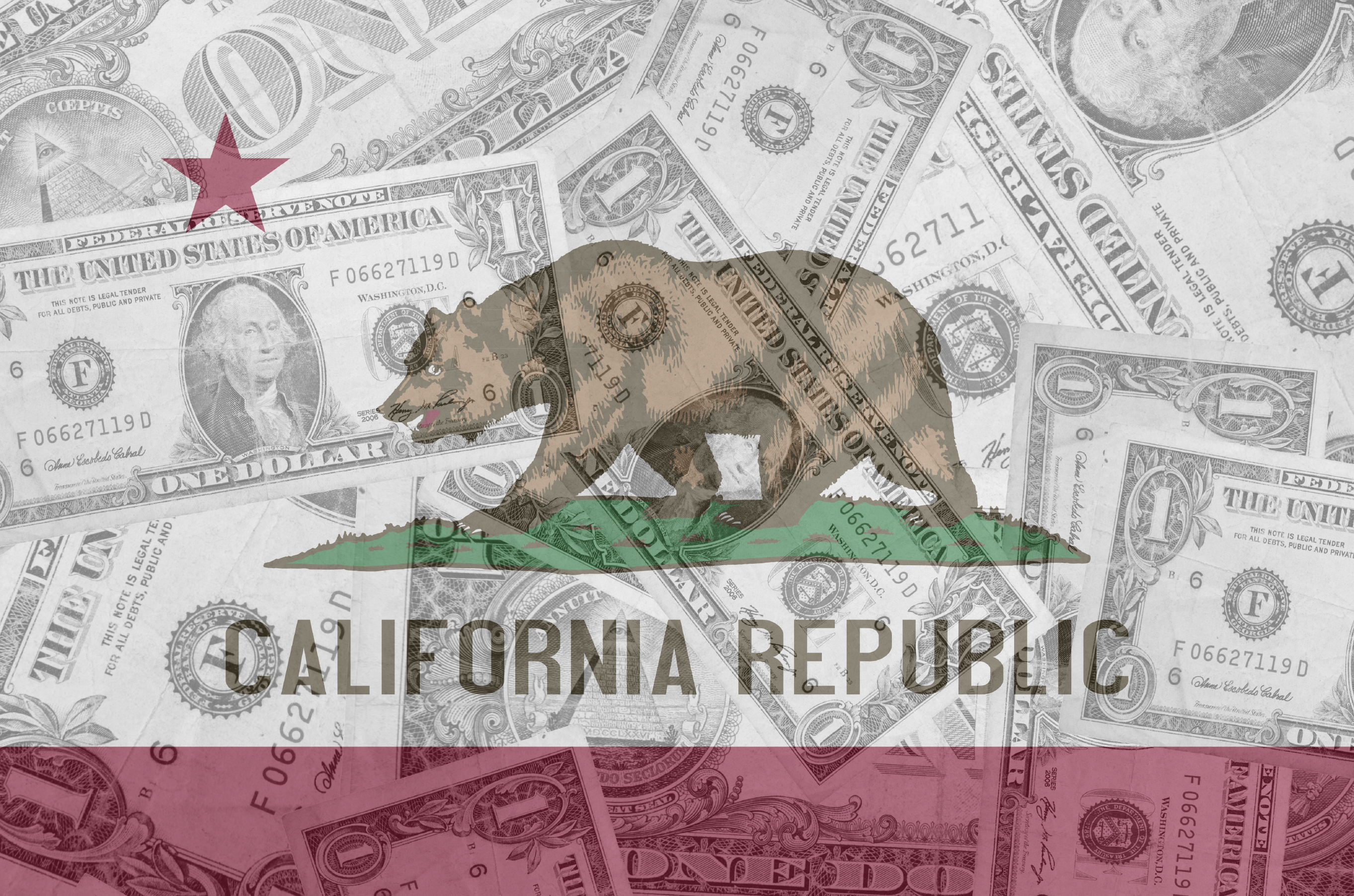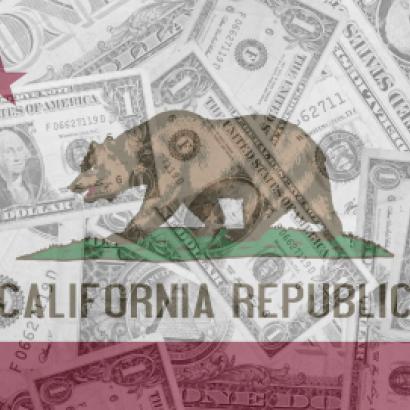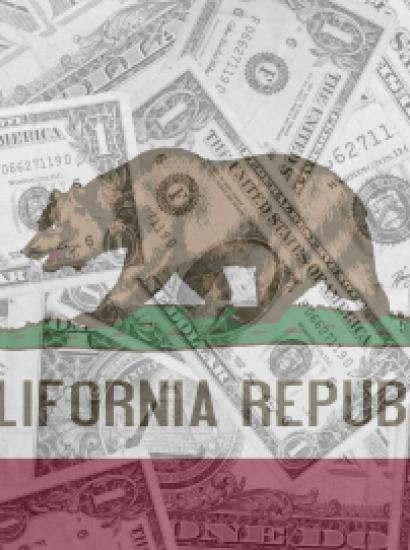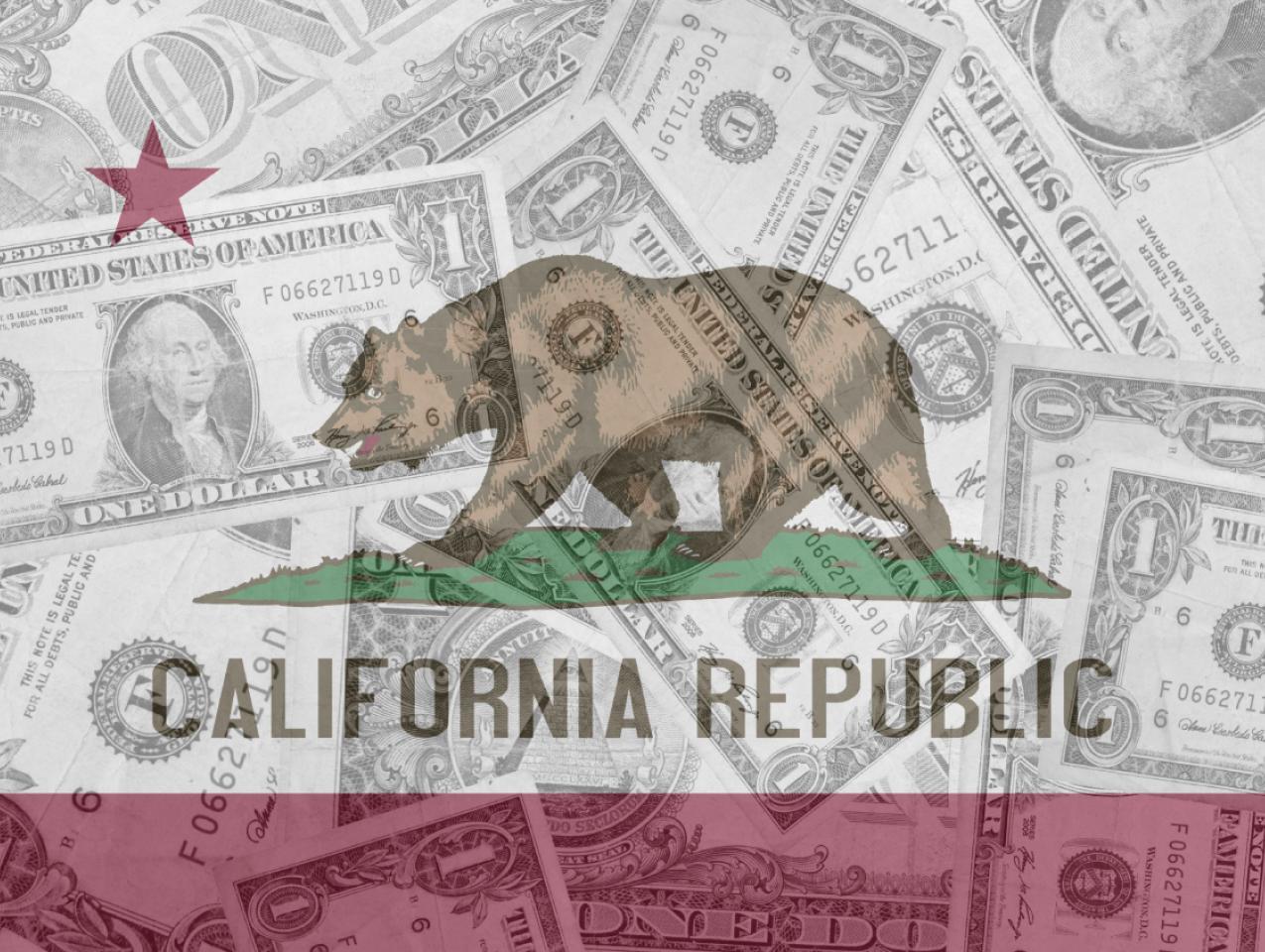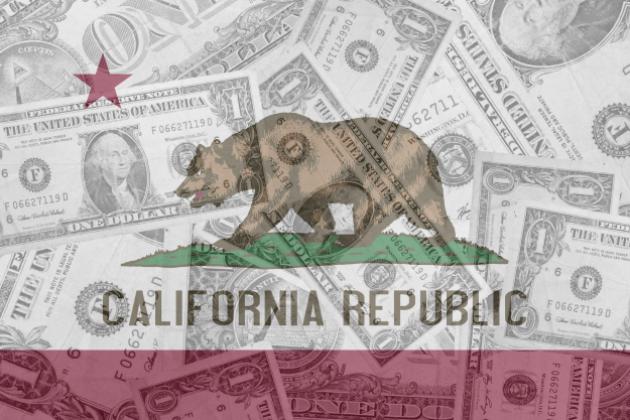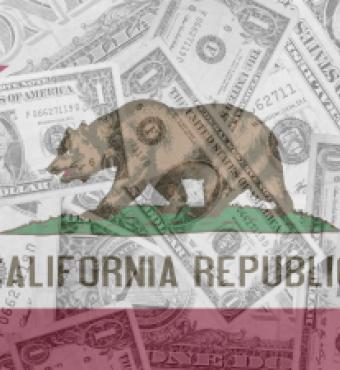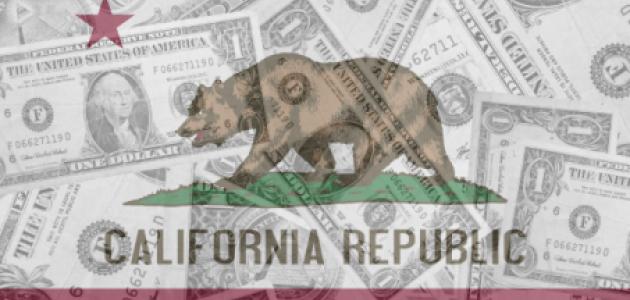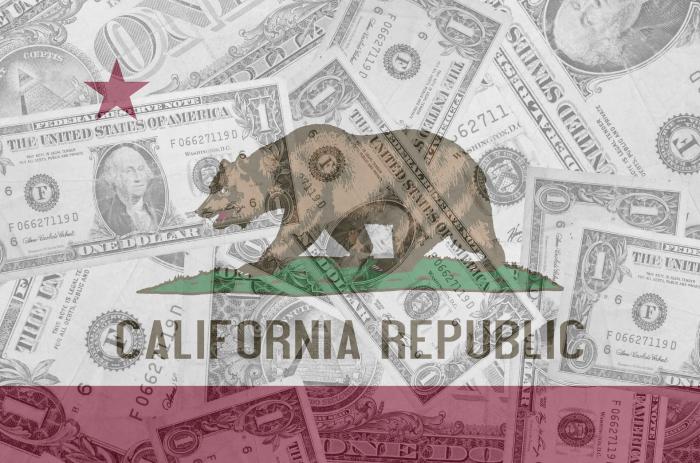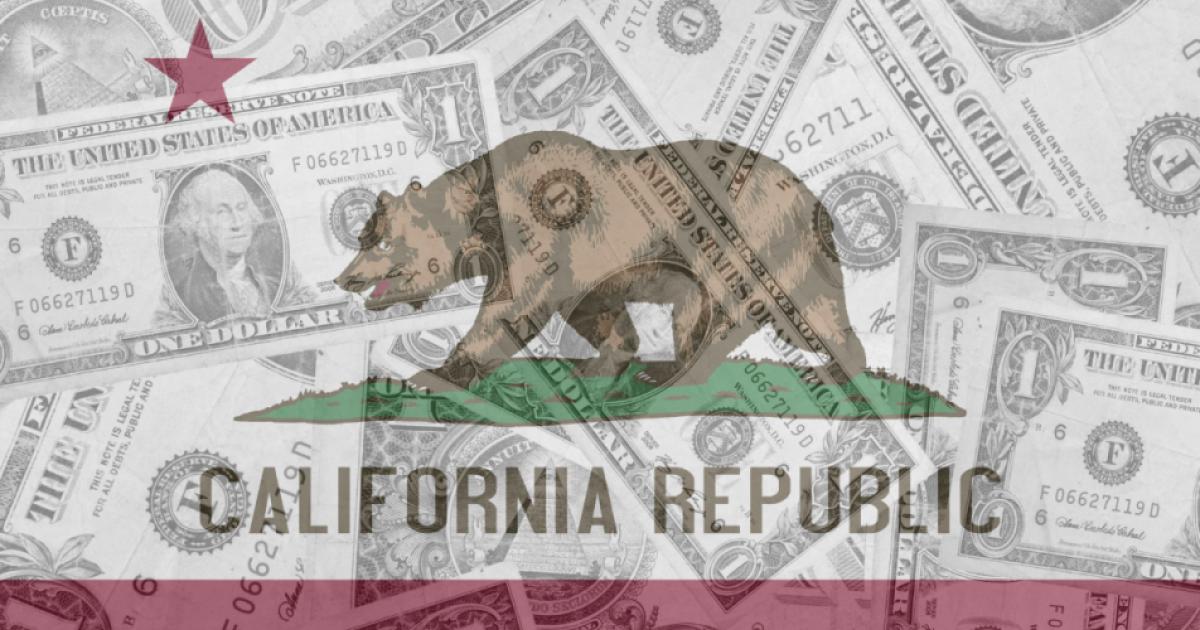- Economics
- US Labor Market
- Politics, Institutions, and Public Opinion
- Campaigns & Elections
- State & Local
- California
In just a few days, Californians will cast a hugely consequential vote. It won’t be for president of the United States—if the polls are to believed, and based in part on the last presidential election, California has all but made up its mind as to which septuagenarian should lead the Free World.
Instead, the choice concerns Proposition 22—and it’s fundamentally a decision about the state’s future.
A bit of history: Proposition 22 is a ballot initiative that will keep app-based rideshare and delivery platforms like Lyft, Uber, DoorDash, and Postmates operating in California. The initiative is an antidote to 2019’s Assembly Bill 5 (AB 5), which could force those companies and many others to classify their independent contractors as employees. For many companies, that would mean an end to business as they know it.
AB 5, which was championed by Big Labor, grew out of an August 2018 California Supreme Court decision that severely tightened the state rules governing independent contractors. The court’s ruling was supposed to protect contractors from being denied benefits offered to employees. Instead, the ruling and AB 5 threw the gig economy into disarray—risking the incomes of nearly a million independent contractors throughout the state.
Predictably, the push for loopholes, work-arounds, and exemptions to AB 5 came fast, and the legislation was shot through with curious contradictions driven by well-connected interest groups. Real estate agents, for instance, were exempt from AB 5’s strictures; real estate appraisers were not. A slew of other professions, from doctors, dentists, and lawyers to hair stylists and travel agents, also received carve-outs. But no exemptions were handed out for occupational therapists, marriage and family therapists, or nurse practitioners—and so on.
The confusion spawned a separate bill (AB 2257). Signed last month, it added even more complexity. Now, more than one hundred exemptions have been written into the law, but for app-based rideshare and delivery platforms, the changes provided no relief.
This would have a devastating impact on the state’s gig economy. Vox Media announced last December that it had laid off an estimated two hundred freelance journalists because of AB 5. Uber, Lyft, Postmates, and DoorDash will be forced to follow suit, cutting hundreds of thousands of jobs. This is particularly worrisome when you consider that the number of independent contractors has been growing, not shrinking. A full 36 percent of the US labor force currently earns roughly 40 percent of its income via independent contract work. In California alone, more than one million gig workers earn income totaling $6 billion.
These workers value the independence and flexibility this type of work affords. According to the US Bureau of Labor Statistics, nearly 80 percent of independent contractors prefer their current arrangements over a traditional job. A study by the gig platform Upwork found that of the 56 million gig workers, nearly half say they choose to freelance because they are “unable to work for a traditional employer due to personal circumstances.” Indeed, more than 80 percent of drivers work less than twenty hours per week; more than 60 percent less than ten hours per week.
Another concern is that AB 5’s reach is far wider than the direct harm to the gig economy. As ridesharing and food delivery jobs shrink, consumer prices for these services will rise, with some estimates putting that figure at a hefty 25 to 100 percent increase. Fewer people will be served in densely populated areas, and many in remote areas could lose services entirely. The wait time for ridesharing and food delivery is estimated to double, while the availability of service will be sharply reduced, especially outside peak usage hours.
Enter Proposition 22.
The initiative allows delivery and rideshare drivers to continue their work while also providing new protections and benefits. Under Proposition 22, app-based drivers would continue to be classified as independent contractors—a status they prefer by a four-to-one margin—and would receive new benefits: drivers would be guaranteed 120 percent of minimum wage, provided with subsidies for health insurance, and extended strong protections against discrimination.
The simplest argument in favor of Proposition 22 is perhaps the best: it will keep these companies operating in California, and it will protect the income earned by drivers. Those who drive for more than one service will still be able to do so, and they’ll have some additional employment protections and safeguards.
Proposition 22 has the support of more than one hundred thousand app-based drivers, the California Small Business Association, and groups active on the front lines of diversity and inclusion—a wide-ranging collection of political bedfellows that speaks to the broad-based opposition to AB 5.
It is also worth remembering that the timing of this legislative headache couldn’t be worse. AB 5 was enacted just before the coronavirus pandemic gutted the economy, and AB 2257 arrived in the middle of the fallout. As Californians by the millions hit the unemployment rolls or saw their working hours reduced, they had to contend with the added burden of AB 5, which harms the services and side jobs that provide opportunities to earn extra income.
What’s worse, the changes to the status of delivery and ridesharing workers constrained those services at the precise moment when they were needed most. As statewide lockdowns went into place, rideshare and delivery services became necessities. Uber, Lyft, and others like them stepped in to transport health care workers and the elderly, a mission that traditional taxi counterparts couldn’t have accomplished with the same speed and effectiveness. With a new wave of pandemic lockdowns potentially in the offing, now is the absolute worst time to limit transportation and food delivery.
There is a broader signal connected to the passage of Proposition 22: a reminder that California voters can keep their legislators in check, particularly on the matter of the state’s economy. Over the last decade, the regulatory, tax, and judicial burdens on California businesses have led to an exodus of employment and opportunity. Businesses are abandoning the Golden State for friendlier venues—a trend that ought to worry lawmakers.
In other words, Proposition 22 is a necessary and timely dose of level-headedness—a way for Californians to reject ill-targeted and ill-implemented bills and declare that their state is open for business.
Mira Farka, PhD, is an associate professor of economics and the codirector of the Center for Economic Analysis and Forecasting at the College of Business and Economics at California State University–Fullerton.







